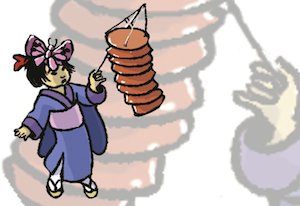Family

Ahrbol is unique because it can be played by almost any member of a family, as long as the person can hold a ball and is able to look for something. That means a toddler who can barely speak can play with older siblings, or grandparents can play with grandchildren. All of them engaged in throwing a ball and finding something. Moreover playing Ahrbol helps family members to listen to one another, to share the same experience. And that experience is real to the body and to the mind.
In contrast to sharing over virtual media. Bonding through active engagement in the same moment of space is very different to liking things on the internet. Holding a ball together, a grandchild and grandparent, hearing laughter, inviting a toddler to find a picture, looking him in the eye as he tries, rewires the heart, the body and the brain. Far deeper than by clicking on a screen. Virtual experiences are more fleeting, as the body has very little part in it. The body-mind encrypts body-mind experiences at a deeper level. So they will be a source of happiness, of solidarity you can fall back on.
Ahrbol was also created with the idea of bringing people together for harmless fun. Away from electronics, away from violence or shooting. There is no element of aggression in the whole game. It is all about cooperation and getting there together.
Playing as a family also helps us to see people in a different light, away from their function, away from obligations, away from scores, away from family problems, helps us to see a person a "whole human being". So while playing you learn to respect each member of the family regardless of scores. Each one playing Ahrbol brings along his very own personality with a unique mobility and a unique way of being curious, showing a bigger palette of him- or herself. While at the same time every member is more aware of his or her duties as a person towards the self, the family and society. Effortlessly. Playing is truly learning and very heart-warming for a family.






